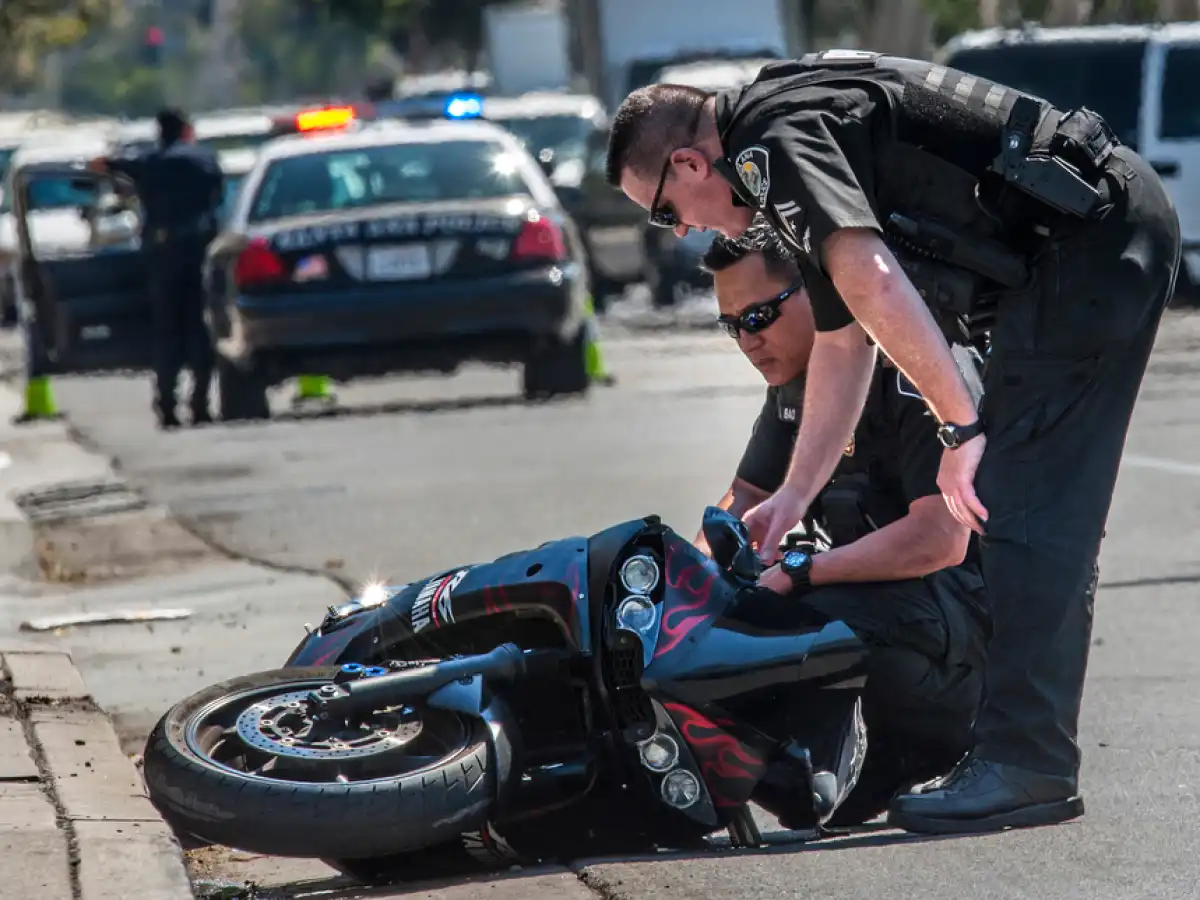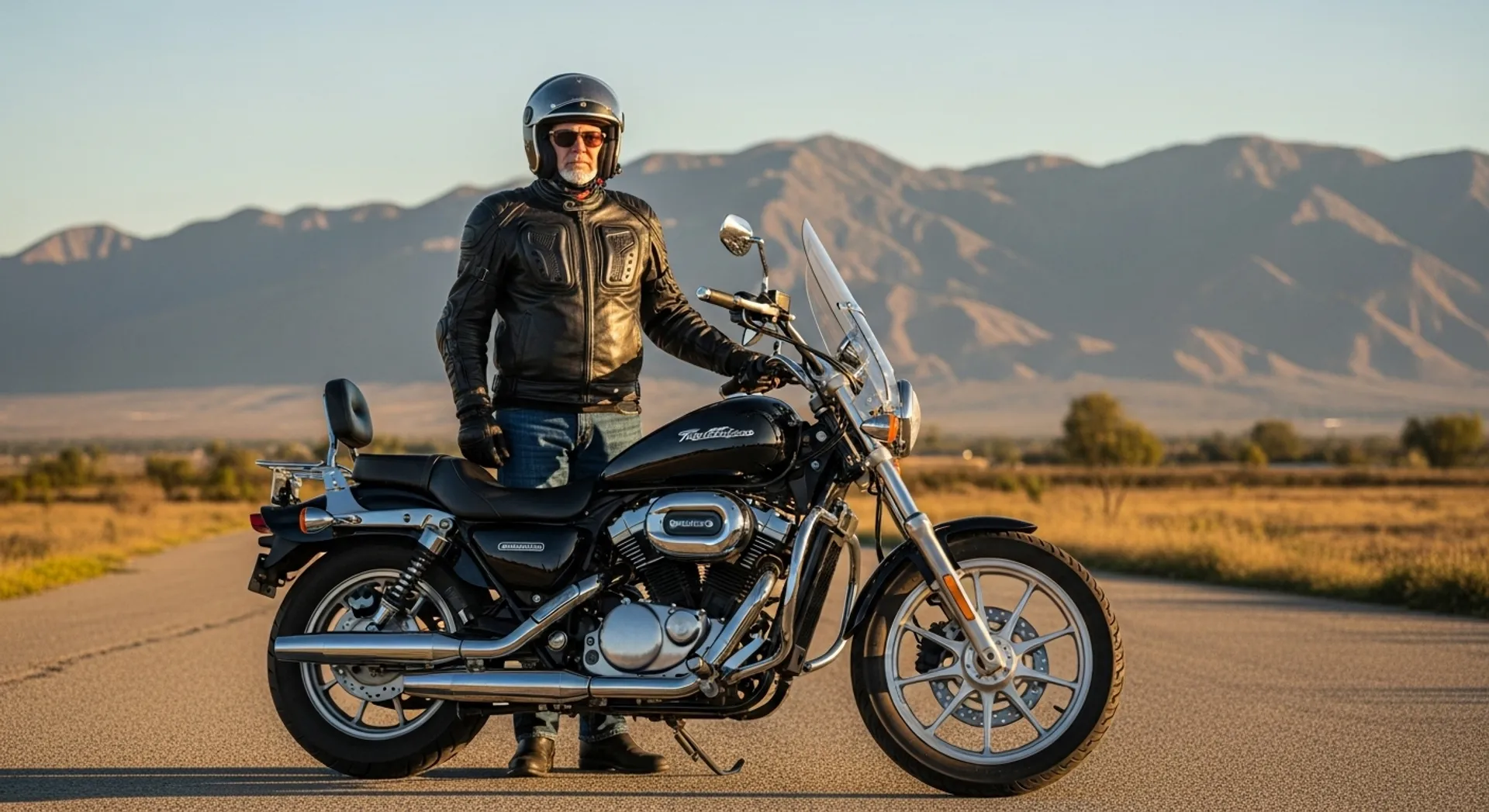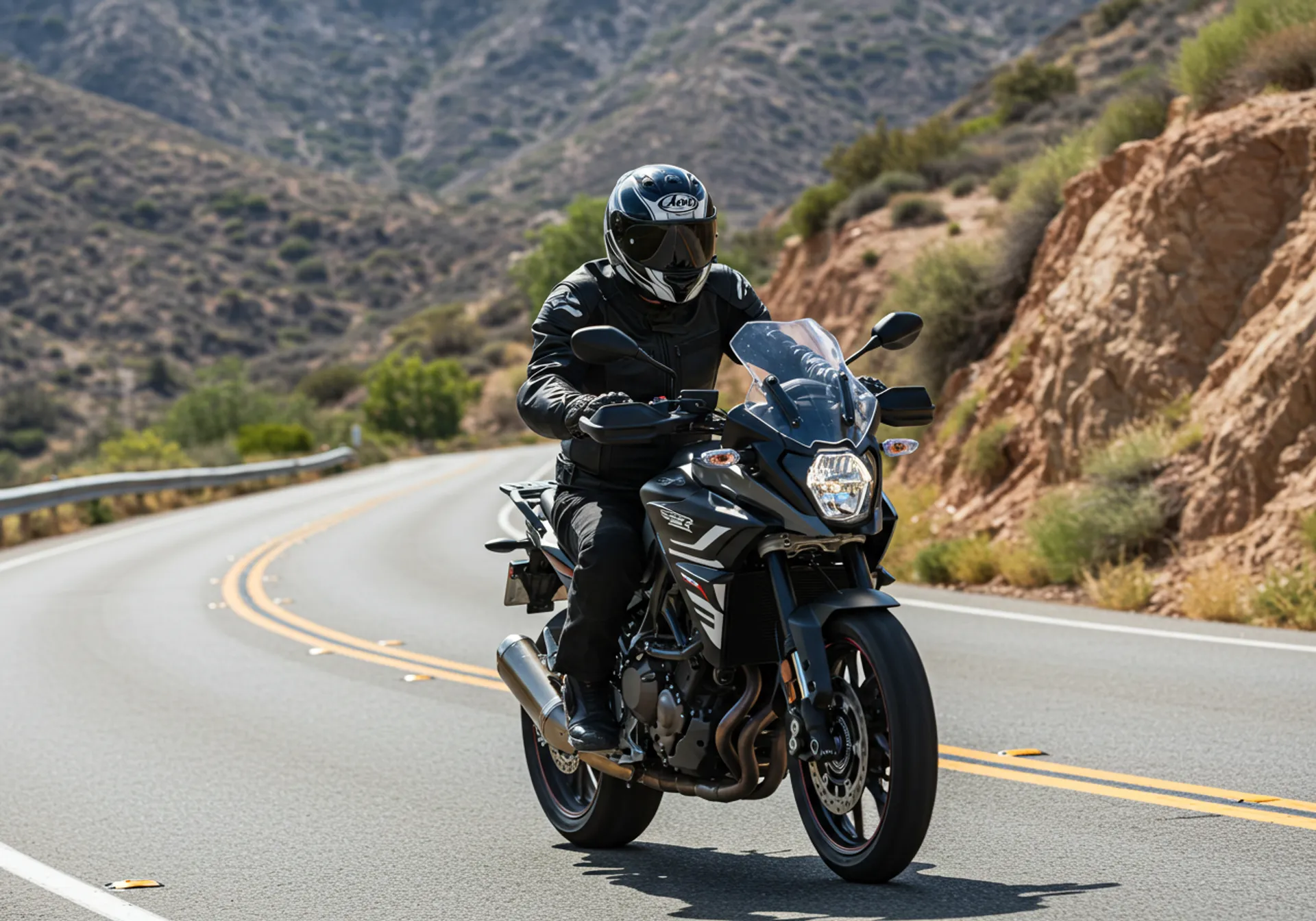When involved in a motorcycle accident, one of the most crucial factors in building a strong legal case is the presence of witnesses. In many cases, a motorcycle accident may come down to the word of the rider versus that of the other driver. Witnesses can provide the objective, third-party perspective needed to establish what happened before, during, and after the accident. If you’ve been in a motorcycle accident, understanding the role of witnesses and how they can help your case is vital.
Why Are Witnesses Important?
Witnesses play a pivotal role in motorcycle accident cases for several reasons:
-
Corroborating Your Version of Events: After an accident, the other party may attempt to deny fault or offer a version of events that is different from what you remember. Witnesses, especially those who were not involved in the accident, can offer an impartial account of what they saw. Their testimony can confirm critical details, such as the behavior of the other driver, road conditions, traffic signals, and whether the other party was speeding or distracted.
-
Providing Additional Evidence: Witnesses can add details that you might not have observed yourself. For example, they might have seen the other driver running a red light, engaging in reckless driving, or failing to yield the right of way. These observations can support your claim and add strength to your case.
-
Strengthening Your Case in Court: In the unfortunate event that your case goes to trial, having witness testimony can greatly enhance your credibility. Jurors often find it easier to trust accounts from neutral third parties rather than just the parties involved in the accident. Witnesses are crucial in helping to establish who was at fault, as their statements are not influenced by self-interest.
Types of Witnesses That Can Help in Motorcycle Accident Cases
There are several types of witnesses that can be valuable in a motorcycle accident case:
-
Eyewitnesses: These are individuals who saw the accident happen, whether they were in another vehicle, on the sidewalk, or at a nearby business. Their firsthand account of the event is essential to corroborate the details of the accident. Eyewitness testimony is especially helpful if there is a dispute about the sequence of events or the actions of the parties involved.
-
Expert Witnesses: In some motorcycle accident cases, an expert witness may be needed to provide specialized knowledge. For example, an accident reconstructionist can analyze the scene of the accident and the damage to the vehicles involved to determine how the crash occurred. This type of witness can provide crucial technical evidence that can support your case, especially in complex accident situations.
-
Character Witnesses: While not directly related to the accident, character witnesses—people who know you and can vouch for your integrity and behavior—can also be valuable. If the other party is trying to argue that you were negligent or reckless, character witnesses may help counter those claims.
-
Medical Experts: In cases where the severity of injuries and medical treatments are in question, medical experts can testify about the extent of the injuries sustained in the accident. They can also speak to how those injuries affect your ability to work, perform daily tasks, and your overall quality of life.
How to Find and Utilize Witnesses in Motorcycle Accident Cases
-
Gather Information at the Scene: After the accident, if you’re physically able, try to gather the contact information of any witnesses who saw the accident. This includes their names, phone numbers, and addresses. The sooner you can get this information, the better. Often, witnesses leave the scene quickly, especially if they’re only passing by, so capturing their details immediately can make a significant difference.
-
Contact the Police: In many cases, law enforcement officers will interview witnesses at the scene of the accident and include their statements in the police report. If you didn’t have the chance to speak to witnesses, or if you’re unable to locate them afterward, you can request a copy of the police report, which may contain witness information. You can then reach out to those individuals to get their statements.
-
Use Social Media and Surveillance Footage: Sometimes, witnesses will post about the accident on social media or even share photos and videos. If the accident took place near a business or public area, there may be security cameras that captured the incident. It’s worth investigating these leads to find potential witnesses or additional evidence that can support your case.
-
Consult with Your Lawyer: If you’re working with an experienced motorcycle accident lawyer, they will help you gather statements from witnesses and use their testimony to strengthen your case. They will know how to approach witnesses, obtain depositions, and ensure that their statements are properly documented.
What Happens If No Witnesses Are Available?
In some cases, there may be no witnesses to your motorcycle accident. While this can make things more challenging, it does not mean that your case is hopeless. If no one saw the accident, you will have to rely on other types of evidence, such as:
-
Physical Evidence: This includes the damage to the vehicles, skid marks, road signs, and other physical details from the accident scene.
-
Expert Testimony: As mentioned earlier, accident reconstruction experts can be crucial in cases where there are no witnesses. Their analysis of the scene can help clarify what happened.
-
Your Own Testimony: If there are no witnesses, your account of the accident will be critically important. However, the opposing party’s version may be different, so having other forms of evidence can help back up your story.
Conclusion
Witnesses can make a world of difference in a motorcycle accident case. Their testimonies can help confirm what happened, establish fault, and strengthen your legal position. If you are involved in a motorcycle accident, be sure to gather witness information at the scene, contact your lawyer, and explore all potential sources of witness testimony. Having the right witnesses on your side can be the key to achieving a successful outcome in your case.



